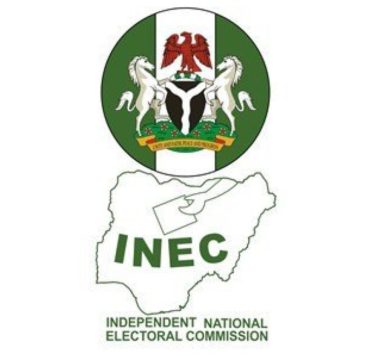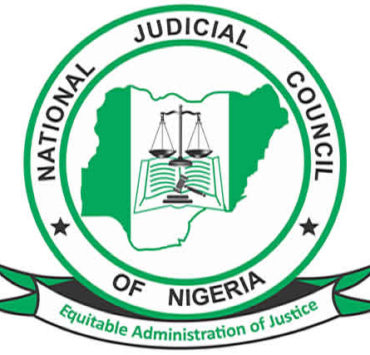Old N200, N500, N1000 Notes Remain Legal Tender as Supreme Court Faults CBN, Buhari

Lawyard is a legal media and services platform that provides…
The Supreme Court of Nigeria on Friday ruled that President Muhammadu Buhari failed to follow the required procedure for changing the currency and declared the implementation of the Naira redesign policy by the Central Bank of Nigeria (CBN) as unlawful.
Nigeria’s apex court further ordered that the old N200, N500 and N1000 notes remain legal tender until 31 December 2023.
The apex court also described Buhari’s directive to the CBN to retain only the old N200 note in circulation, as illegal. The Supreme Court had earlier issued an interim order that old N200, N500 and N1000 notes remain legal tender pending the hearing and determination of the motion on notice before the court.
A number of states of the federation had approached the Supreme Court to challenge the Naira redesign policy. The Federal Government filed a preliminary objection along with three other states but the Supreme Court rejected the preliminary objections on Friday.
While delivering its ruling on Friday, the Supreme Court held that the CBN need not be joined when its disclosed principal had been sued. The court stressed that it had held in many cases that an agent of a disclosed principal is not a necessary party. The court also noted that the suit was not between banks and therefore not within the exclusive jurisdiction of the Federal High Court. It is a dispute between some states and the federation over the way and manner the federal government made a policy without the involvement of the National Council of States.
The Supreme Court held that it was not in dispute that the President did not consult the National Council of State and the National Economic Council before implementing the Naira redesign policy. The court declared such lack of consultation as unacceptable and in conflict with the 1999 Constitution of the Federal Republic of Nigeria.
Lawyard is a legal media and services platform that provides enlightenment and access to legal services to members of the public (individuals and businesses) while also availing lawyers of needed information on new trends and resources in various areas of practice.















